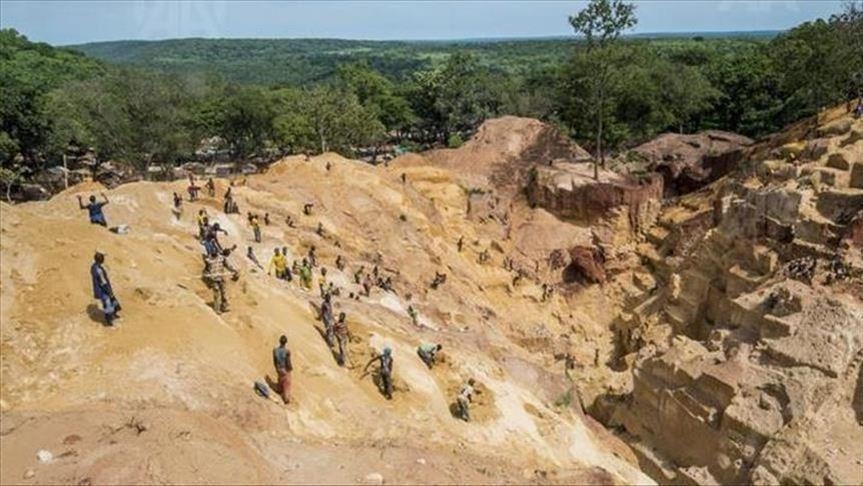The jihadist violence, which has wracked much of West Africa’s inland Sahel region for more than the past seven years, is now spreading into the coastal states with Benin having recorded more attacks than any other coastal state in the region, experts say.
Violence by extremists linked to al-Qaida and the Islamic State group in Benin have spiked more than tenfold — from 2 to 25 — between July and December this year compared with the same period last year, according to the Armed Conflict Location & Event Data Project (ACLED). If the extremist violence continues to spread it could have far-reaching consequences, say analysts. While in the Sahel “geopolitical interests are limited,” says Kars de Bruijne, senior research fellow with the Dutch-based Clingendael research institute, “it’s different for coastal states, which are economically much stronger and more important to the African Union and Western countries…“
These Western powers might see their interests at stake, which is a key reason why they should be really concerned about the spillover of extremist violence into Benin, de Bruijne says. The violence in this country of 12 million people is largely a result of what’s happening in neighboring Burkina Faso, where jihadi attacks linked mainly to the al-Qaida-linked group known as JNIM have killed hundreds and displaced nearly 2 million people, according to a recent report by Clingendael. Benin’s government has ramped up its response but, on the whole, West Africa’s coastal states and the international community haven’t learned enough from the crisis in the Sahel about how to address the insecurity, regional experts say.



